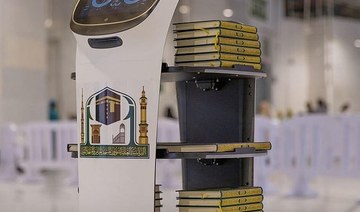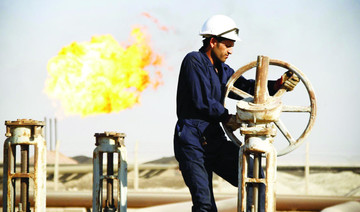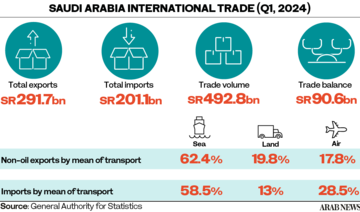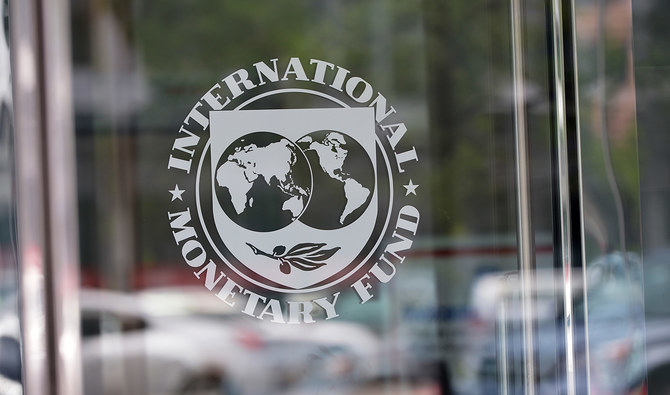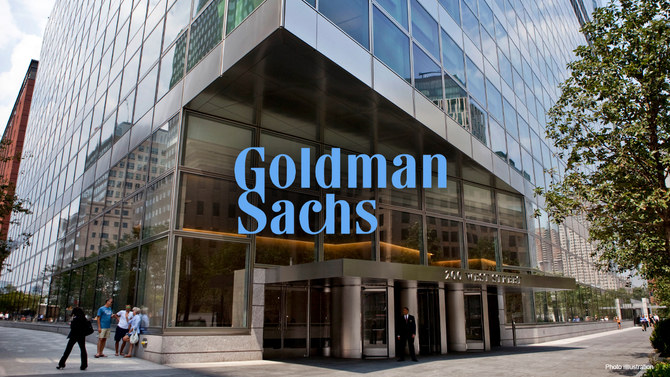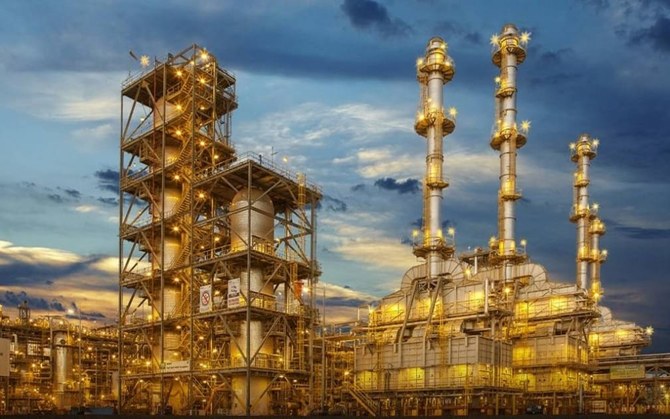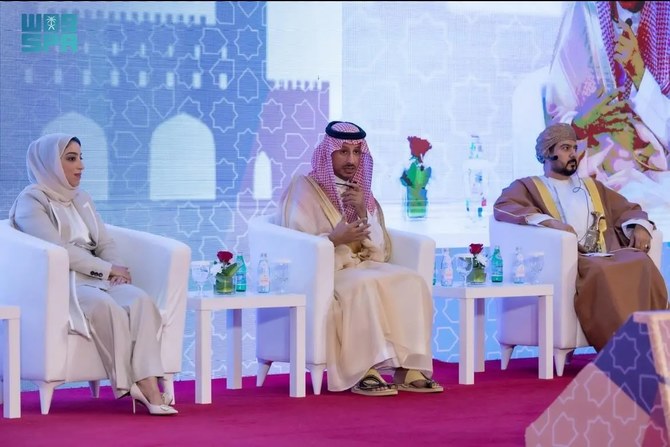NEW YORK: Amazon on Friday announced it has agreed to acquire the vacuum cleaner maker iRobot for approximately $1.7 billion, scooping up another company to add to its collection of smart home appliances amid broader concerns from anti-monopoly and privacy advocates about Amazon’s market power and ability to gain deeper insights into consumers’ lives.
iRobot sells its products worldwide and is most famous for the circular-shaped Roomba vacuum, which would join voice assistant Alexa, the Astro robot and Ring security cameras and others in the list of smart home features offered by the Seattle-based e-commerce and tech giant.

In this file photo taken on August 5, 2022 Roomba robot vacuums made by iRobot are displayed on a shelf at a Bed Bath and Beyond store in Larkspur, California. (AP)
The move is part of Amazon’s bid to own part of the home space through services and accelerate its growth beyond retail, said Neil Saunders, managing director at GlobalData Retail. A slew of home-cleaning robots adds to the company’s tech arsenal, making it more involved in consumers’ lives beyond static things like voice control. The latest line of Roombas use sensors to map — and remember — a home’s floor plan, offering a trove of data that Amazon could potentially integrate with its other products.
Amazon’s Astro robot, which helps with tasks like setting an alarm, was unveiled last year at an introductory price of $1,000. But its rollout has been limited and has received a lackluster response.
Amazon hasn’t had much success with household robots, but the iRobot acquisition and the company’s strong market reputation provide a “massive foothold in the consumer robot market” that could help Amazon replicate the success of its Echo line of smart speakers, said Lian Jye Su, a robotics industry analyst for ABI Research.
Su said it also illustrates the shortcomings of consumer robotics vendors like iRobot, which struggled to expand beyond a niche product and was in a “race-to-the-bottom” competition with Korean and Chinese manufacturers offering cheaper versions of a robotic vacuum.
On Friday, iRobot reported its quarterly results. Revenue plunged 30 percent primarily on order reductions and delays, and the company announced it was laying off 10 percent of its workforce.
Amazon said it will acquire iRobot for $61 per share in an all-cash transaction that will include iRobot’s net debt. The company has total current debt of approximately $332.1 million as of July 2. The deal is subject to approval by shareholders and regulators. Upon completion, iRobot’s CEO, Colin Angle, will remain in his position.
Noting that iRobot has been running its robotics platform on Amazon’s cloud service unit AWS for many years, Su said the acquisition could lead to more integration of Amazon speech recognition and other capabilities into vacuums.
In afternoon trading, iRobot shares rose 19 percent. Amazon’s were down 1.7 percent.
The deal comes as anti-monopoly advocates continue to raise concerns about Amazon’s increasing dominance. The purchase of iRobot is Amazon’s fourth-largest acquisition, led by its $13.7 billion deal to buy Whole Foods in 2017. Last month, the company said it would buy the primary care provider One Medical in a deal valued roughly at $3.9 billion, a move that expanded its reach further into health care.
On Friday, groups advocating for stricter antitrust regulations called on regulators to block the iRobot merger, arguing it gives Amazon more access into consumers’ lives and furthers its dominance in the smart home market.
“The last thing American and the world needs is Amazon vacuuming up even more of our personal information,” said Robert Weissman, president of the progressive consumer rights advocacy group Public Citizen.
“This is not just about Amazon selling another device in its marketplace,” Weissman said. “It’s about the company gaining still more intimate details of our lives to gain unfair market advantage and sell us more stuff.”
Landmark antitrust legislation targeting Amazon and other Big Tech companies has languished for months in Congress as prospects for votes by the full Senate or House have dimmed.
Last month, Sen. Amy Klobuchar, D-Minnesota, who heads the Senate Judiciary antitrust panel, urged the the Federal Trade Commission to investigate the One Medical acquisition, in the mold of other critics who’ve called on regulators to block the purchase over concerns about Amazon’s past conduct and potential implications for consumers’ health data. Regulators also have discretion to challenge Amazon’s $8.5 billion buyout of Hollywood studio MGM, which was completed earlier this year.
Founded in 1990 by a trio of Massachusetts Institute of Technology roboticists, including Angle, iRobot’s early ventures led to rovers that could perform military and disaster-relief tasks in the aftermath of the Sept. 11 attacks.
The profits from defense contracts allowed iRobot to experiment with a variety of other robots, producing some duds and one huge commercial success: the first Roomba, introduced in 2002, which pioneered the market for automated vacuum cleaners.
The company spun off its defense robotics division in 2016 to become almost exclusively a seller of vacuums and some other home robots, such as the Braava robotic mop. It planned to launch a robotic lawn mower in 2020 but backed off, citing problems tied to the pandemic.




